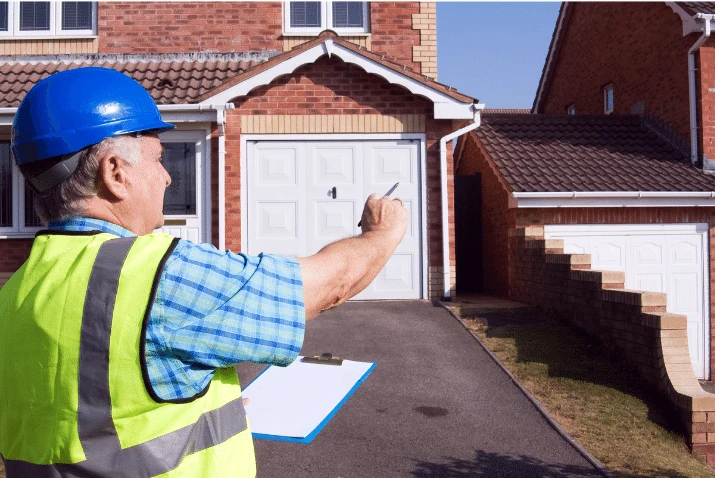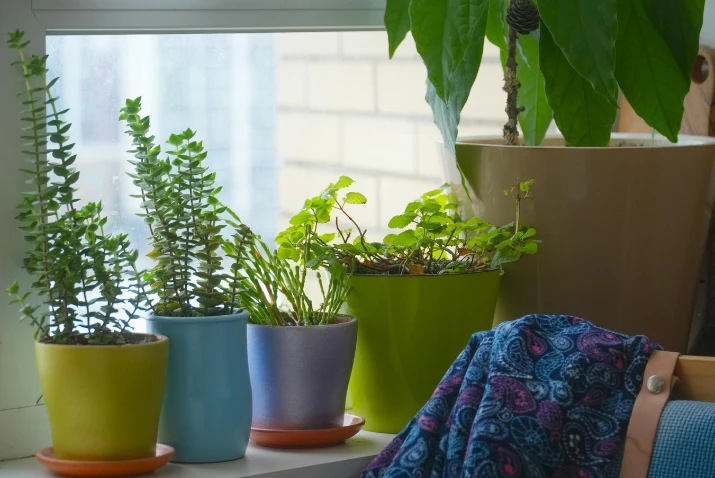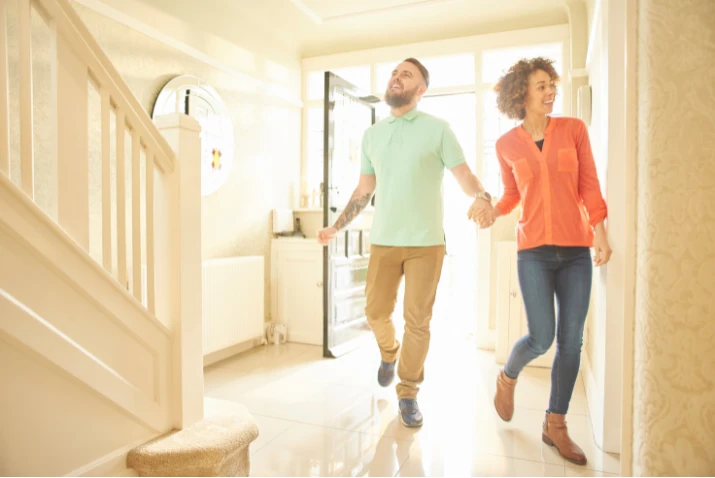Given that the majority of our private sector housing stock was built before 1980 – over 40 years ago – one of the most important things to check when you’re buying or renting a home is that the property is safe to live in.
Below we have broken down the main safety checks and things to consider if you’re a buyer, and if you’re a tenant.
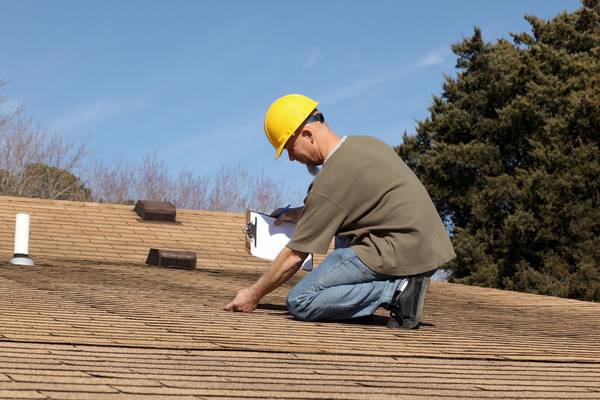
What safety checks should buyers consider making?
The decision to move home is often made due to a major life change, such as getting married or having a baby, or tougher issues such as divorce, death or debt. As a result, top of a buyer’s mind tend to be things like whether the property is in the right location, has the right number of bedrooms, a garden, a home office, etc. They’re often more focused on their new home’s size, look and benefits, rather than what might be ‘hiding’ in the fabric of the building.
Often the only investigation that’s carried out is a valuation for mortgage purposes. The lender will either do an ‘automated valuation’ or they’ll send a surveyor to check the property and set its value. This basic check might reveal some damp or other issues, but it’s important to be aware that the report is carried out for the lender and not for you, the buyer, so you simply can’t rely on it picking up everything you might need to know.
In addition, any property for sale needs to have an Energy Performance Certificate. While this shows the property is being marketed within the law, it doesn’t really help on the safety front.
So, here are our suggestions on how to make sure the property you plan to make your home is safe to live in:
Make a list of things you are concerned about
Once you have viewed a property and are confident it’s the right one for you, it’s worth going around it again with a critical eye and making a list of anything you think needs checking. Are there any bare wires or cracks in the walls? How old is the heating system, when was it last checked and is there an installation certificate?
There are then two professional checks that are definitely worth considering:
- An independent survey
We think it’s always worth instructing a qualified surveyor to check out the safety and quality of the property on your behalf. There are various different types of survey that can uncover issues and also identify areas where further inspections or checks should be carried out by specialist contractors.Common problems found include:
- Asbestos
- Damp
- Electrical issues
- Roof problems
- Infestations, e.g. woodworm.
They may also check things like escaping from windows if there is a fire, look out for lead pipes, things that could cause slips, trips and falls, or missing handrails on stairs. We we can put you in touch with surveyors who are all members of the Royal Institution of Chartered Surveyors (RICS) and have decades of experience in carrying out property surveys.
- Gas and electrical checks
Unless the seller has documentation to show that the gas system and electrical installations have been recently checked, it’s worth instructing professional contractors yourself. According to Home Office statistics, in the UK in one year alone, over 19,000 accidental domestic fires had some sort of electrical origin. So, with wiring often hidden and potentially over 25 years old in older properties, it’s certainly worth checking. A heating engineer can also make sure the boiler and heating system is safe for you and your family.
Flats and cladding, beware!
You may have heard that some people selling a flat now require an External Wall Fire Review (EWS1) form to show that their cladding is safe. This issue originated with the fire at Grenfell Tower in 2017, where it is believed that the cladding material on the outside helped the fire to spread.
It doesn’t affect all flats, but some blocks either have been or are in the process of being checked for dangerous cladding and also to ensure they have other fire safety features to help prevent another incident like Grenfell happening again.
To aid the identification of ‘safe’ properties, the EWS1 form can be produced by the freeholder of the block following expert analysis of the cladding. If a property doesn’t have one of these and could be at risk, it may be difficult to secure a mortgage. And if you’re buying with cash, it’s essential to check whether the property has any cladding issues before you complete the purchase. You can find out more on the RICS website.
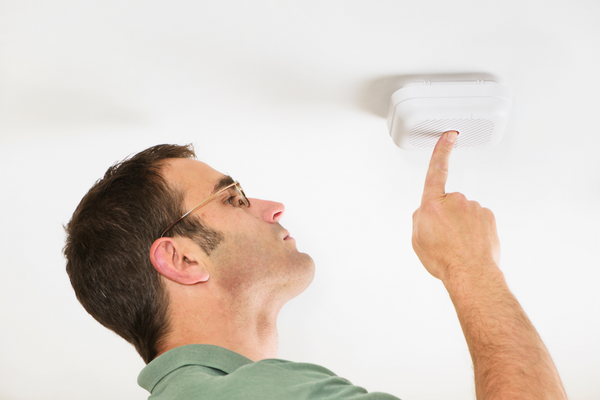
What safety checks should tenants make sure have been carried out?
If you’re a tenant, it’s important to make sure that any property you rent is being let legally and safely. If we are letting the property and continue to manage it on the landlord’s behalf, one of our biggest priorities is ensuring it always complies with the latest rules and regulations.
For example, all rented properties must have had a full electrical system safety check within the last five years. A copy of the written report must be provided to new tenants before they move in and to existing tenants within 28 days of the inspection.
Other key requirements are:
- The property must be marketed with an EPC and the rating must be ‘E’ or above.
- A copy of the gas safety certificate/record (annual check) must be given to new tenants before they move in and to existing tenants within 28 days of the check.
- Smoke alarms and, in rooms where there’s a solid fuel-burning appliance, carbon monoxide alarms are required and need to be tested when tenants move in.
- Any furniture and furnishings provided must comply with fire safety regulations and display a permanent label.
- Landlords must make sure any ‘portable’ electrical items provided – e.g. kettle, microwave, fridge – are safe. This is usually done via a PAT test every one or two years, with a safety ‘pass’ label attached to the item.
In addition, the landlord has a legal responsibility to keep the property fit to live in while you’re renting it. If they don’t, they may not be able to serve notice on you and if the council becomes aware, they may receive a fine for breaking the law.
So, whether you are buying or renting, as well as making sure it’s in the right location and is the best place for you to call home, do check that the property is safe for you and your loved ones before you move in.
If you would like any further advice on what checks to make, get in touch and we’d be happy to help.

